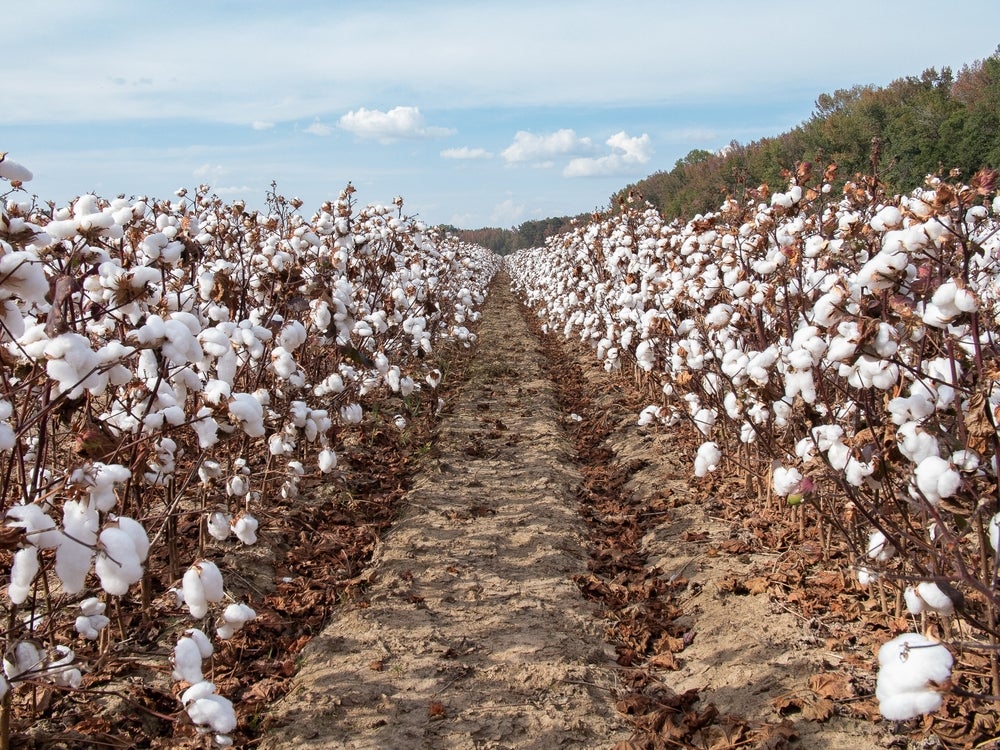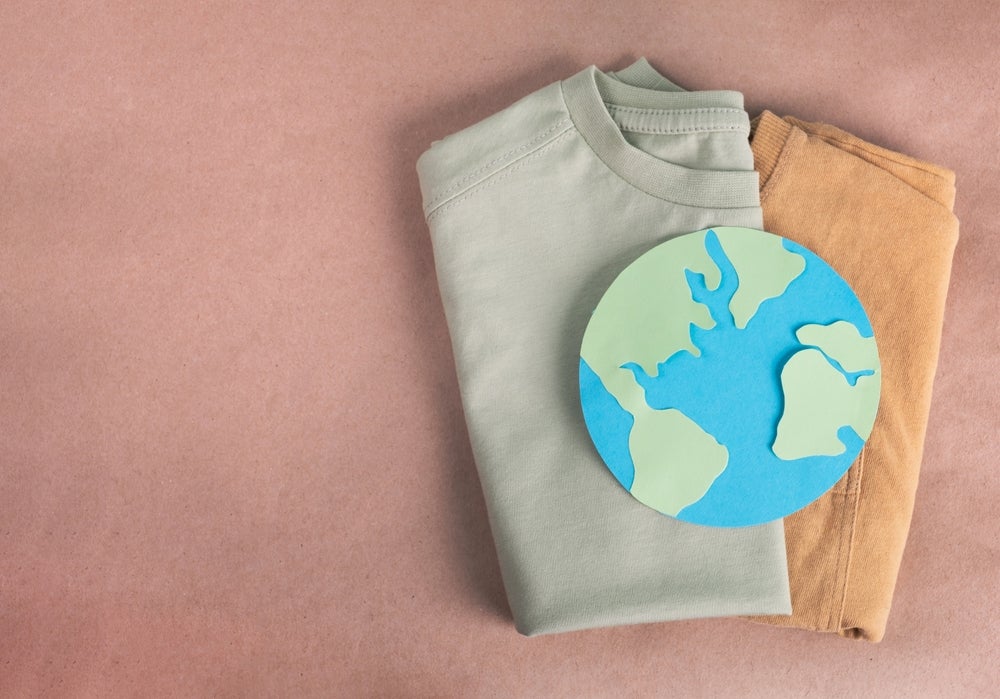
The global fashion industry must rely less on coal and other fossil fuels in the supply chain, according to a new report that is urging the sector to take action to address climate change as a critical part of its Covid-19 recovery strategy.
The fashion supply chain is one of the largest contributors to global warming, with greenhouse gas emissions (GHGs) estimated to be between 5-10% of global GHGs – exceeding both the aviation and shipping sectors – with projections of a further 30% growth in emissions by 2030, environmental group Stand.Earth reveals in its latest report ‘Fashion forward: A roadmap to fossil-free fashion.’
But while industry executives claim climate change is a top-level issue, most brands have yet to take the steps needed to reduce their carbon footprints and eliminate their reliance on fossil fuels in the supply chain.
With scientists warning that global emissions must be cut in half by 2030, along with a rapid phase out of coal, the report outlines it is increasingly critical for major fashion brands to turn their commitments into action.
“Despite commitments to slash their emissions, the fashion industry’s supply chain saw more dirty coal, more fossil fuel-based fabrics, and more delivery by highly polluting cargo ships prior to the Covid-19 outbreak,” says Gary Cook, global climate campaigns director at Stand.earth. “As brands look to restart after the pandemic, the industry must implement concrete, collaborative efforts to tackle its pollution problem through a combination of rapidly transitioning factories to renewables, eliminating fracked fabrics like polyester, and greening up shipping.”
How well do you really know your competitors?
Access the most comprehensive Company Profiles on the market, powered by GlobalData. Save hours of research. Gain competitive edge.

Thank you!
Your download email will arrive shortly
Not ready to buy yet? Download a free sample
We are confident about the unique quality of our Company Profiles. However, we want you to make the most beneficial decision for your business, so we offer a free sample that you can download by submitting the below form
By GlobalDataSee Also:
Many brands are now finding that as a result of the pandemic, customers are now interested in consuming less, and are placing a greater value on those brands that are environmentally and socially responsible, the report suggests. For global fashion brands seeking to reconnect to their customers going forward, the ability to credibly demonstrate they are taking action to address climate change needs to be a priority, Stand.Earth says.
For fashion brands looking to eliminate fossil fuels from the supply chain and get a handle on their rapidly growing climate pollution, the report gives several recommendations:
- Renewables in the supply chain: Brands must eliminate coal and transition to a renewable-powered supply chain by 2030; form partnerships with suppliers to embrace sharing capital costs; and also advocate with suppliers to block new investment in coal and demand clean energy policies to green electric grids and transportation infrastructure.
- Greener and longer lasting materials: Brands must commit to sourcing lower carbon and longer lasting materials, while also steadily phasing out fossil fuel-based plastic fabrics like polyester.
- Greener shipping: Brands must reduce the climate impacts of how clothing is shipped around the world by supporting short-term solutions like slowing ships and eliminating dirty fuels, while also advocating for a long-term decarbonisation strategy by the end of the decade.
“Rather than trying to make a pre-pandemic business model marginally more sustainable, the Covid-19 crisis offers a critical opportunity for the fashion industry to rethink key aspects of how it operates,” says Liz McDowell, director of campaign strategies at Stand.earth. “Now is the time for brands to rebuild their business model and supply chain around a rapid decrease in fossil fuels over the next decade. By doing this, the fashion industry can transform from being one of the world’s largest climate polluters to catalysing the decarbonisation of our global economy.”







